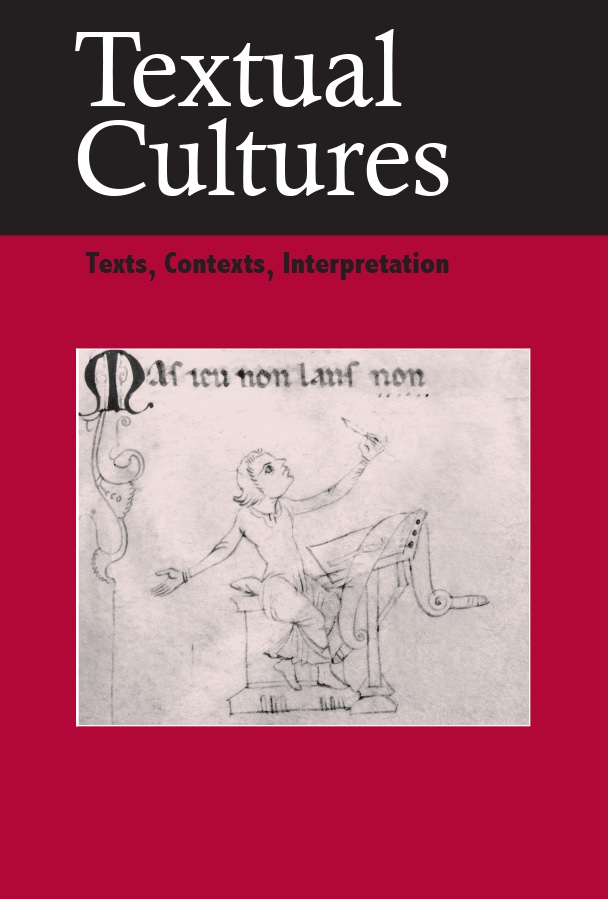D. F. McKenzie’s “Providential Version” and the Biblical Paradigm
Main Article Content
Abstract
In his essay on the history of the Treaty of Waitangi, “The Sociology of a Text: Oral Culture, Literacy, and Print in Early New Zealand”, D. F. McKenzie invokes a markedly theological language, culminating in his claim that it is best to think about the Treaty of Waitangi using the concept of an ideal text — and in terms of what he intriguingly terms a “providential version” — rather than thinking about the Treaty of Waitangi as reducible to its various differing versions in circulation. McKenzie’s secular version of providence and transcendence offers an important corrective to narrow forms of historicism and materialism operating in textual studies. This article argues that the history of the Bible’s reception — informed by the tension between “the Bible” as a transcendent unity and as an indeterminate collection of individual texts — constitutes an important context for McKenzie’s “providential version” metaphor. The article contends that the idea of transhistorical and transcendent totality encompassing textual diversity exemplified by the history of the Bible’s reception plays a vital role in McKenzie’s essay.
Downloads
Article Details
Authors who publish with this journal agree to the following terms:
- Authors retain copyright and grant the journal right of first publication with the work simultaneously licensed under a Creative Commons Attribution License (see:http://creativecommons.org/licenses/by/3.0/us/) that allows others to share the work with an acknowledgment of the work's authorship and initial publication in this journal.
- Authors warrant that their submission is their own original work, and that they have the right to grant the rights contained in this license. Authors also warrant that their submission does not, to the best of your knowledge, infringe upon anyone's copyright. If the submission contains material for which an author does not hold the copyright, authors warrant that they have obtained the unrestricted permission of the copyright owner to grant Indiana University the rights required by this license, and that such third-party owned material is clearly identified and acknowledged within the text or content of their submission.
- Authors are able to enter into separate, additional contractual arrangements for the non-exclusive distribution of the journal's published version of the work (e.g., post it to an institutional repository or publish it in a book), with an acknowledgment of its initial publication in this journal.
